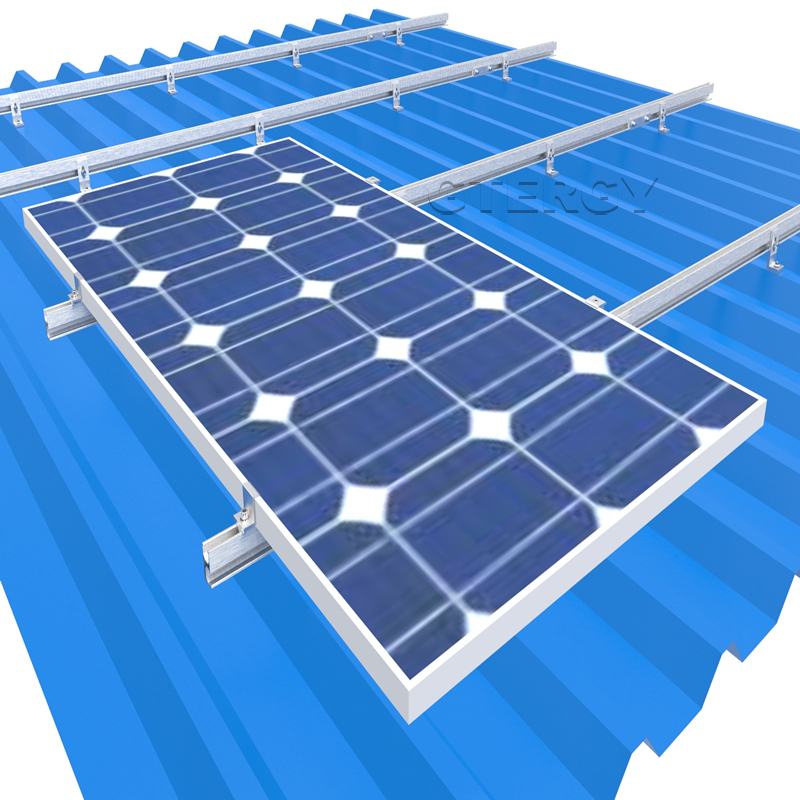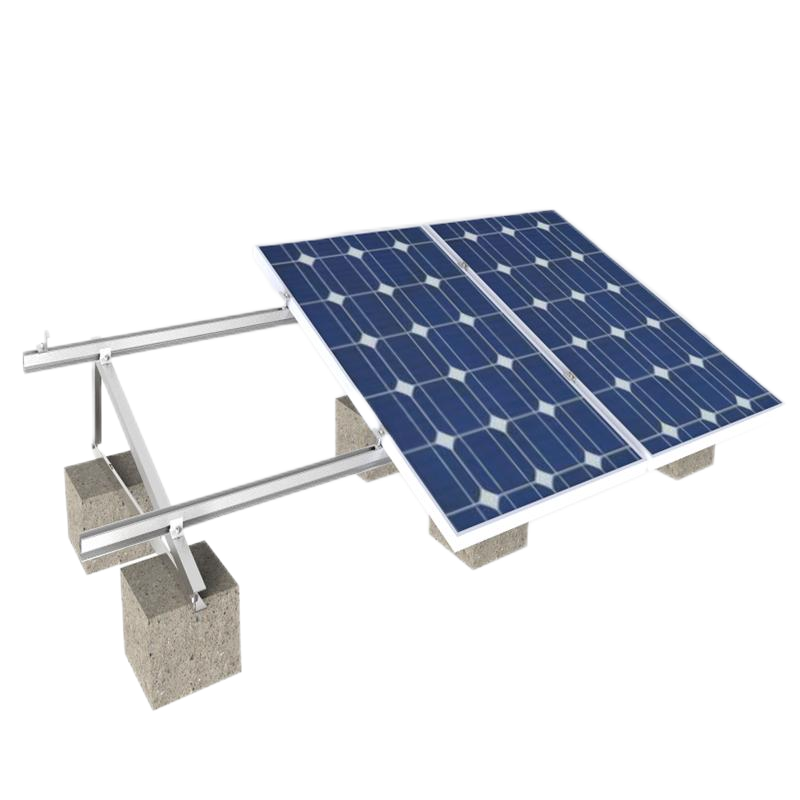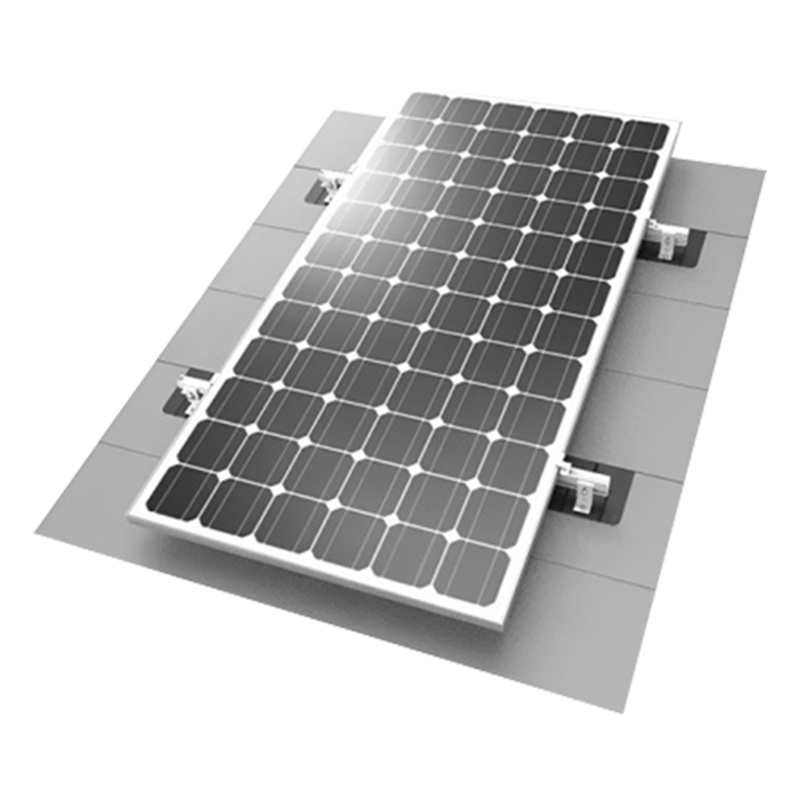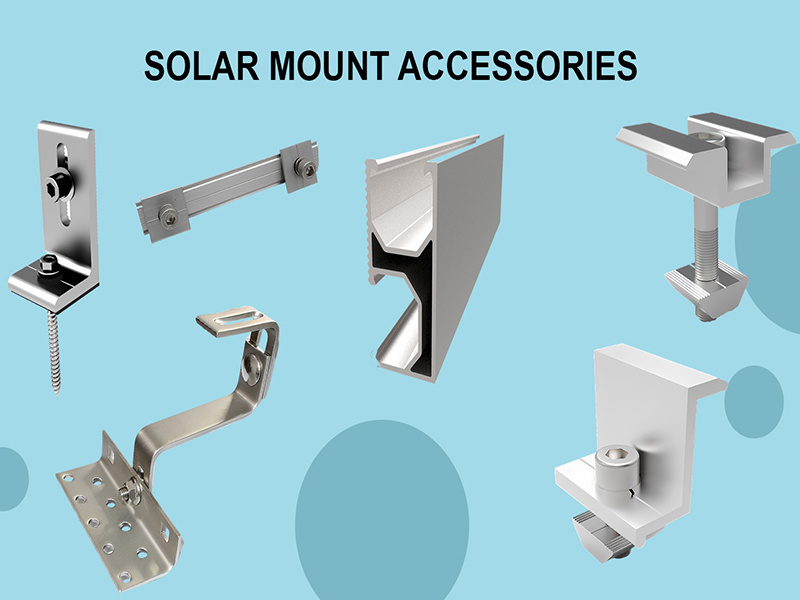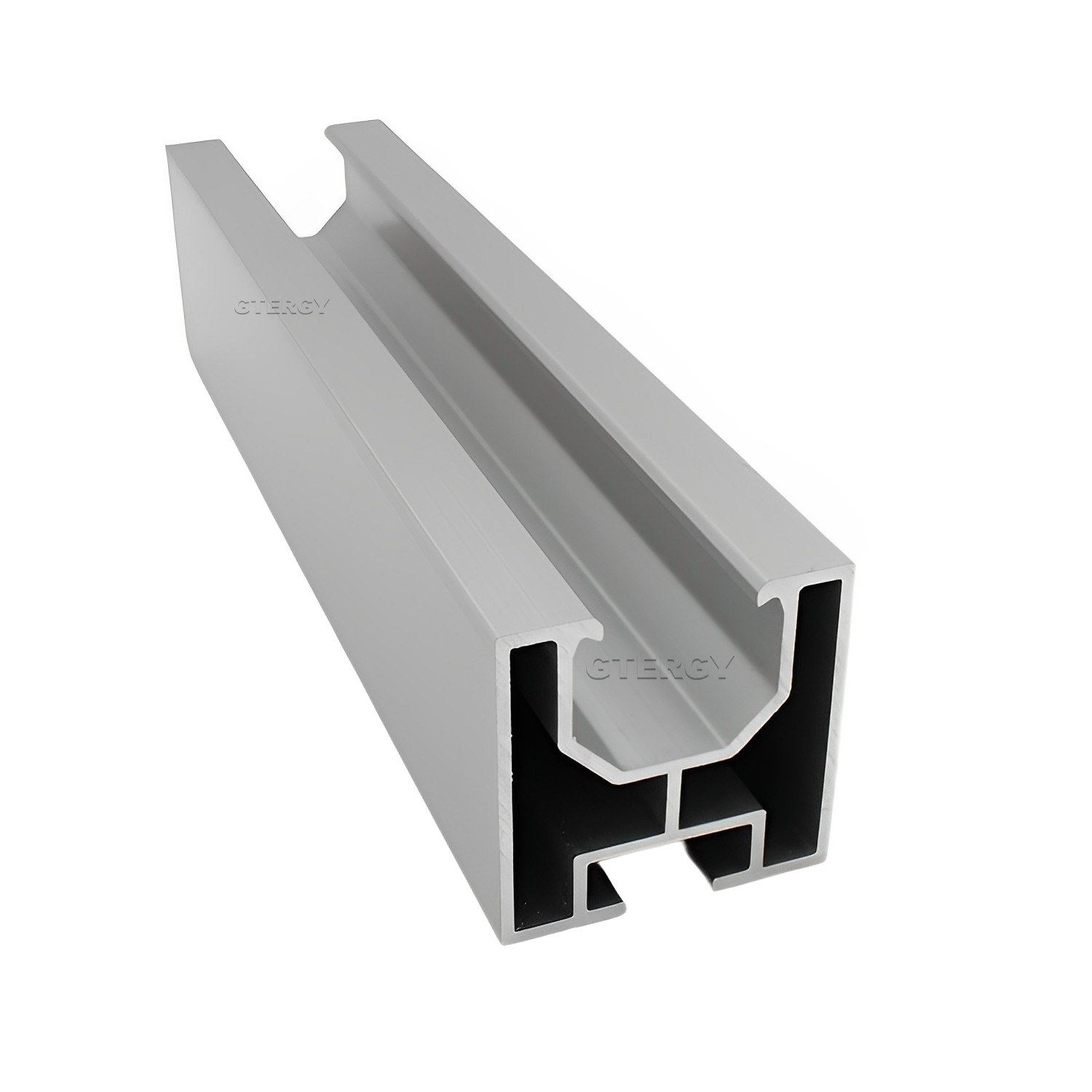Understanding Solar Aluminium Rails: Key Benefits and Applications in Photovoltaic Support Structures
2025-09-06
In the realm of industrial equipment and components, particularly in the fastening and connecting systems for photovoltaic (PV) mounting structures, solar aluminium rails are increasingly recognized for their unparalleled benefits. Made from high-quality aluminium, these rails offer a robust framework that supports solar panels, allowing for efficient energy capture and conversion.
One of the primary advantages of using solar aluminium rails is their lightweight nature. Unlike steel or other materials, aluminium provides significant weight reduction, which simplifies installation processes and reduces the overall strain on supporting structures. This characteristic is particularly important for rooftops and other surfaces where structural integrity must be maintained. Furthermore, the lightweight design allows for easier handling and transportation, resulting in reduced labor costs and installation time.
Another notable feature of solar aluminium rails is their corrosion resistance. Aluminium naturally forms a protective oxide layer that shields it from environmental factors, including moisture and UV rays. This characteristic is crucial in outdoor applications where exposure to varying weather conditions can lead to degradation in other materials. Consequently, solar aluminium rails offer a longer lifespan, ensuring that the PV system remains reliable and efficient over time.
In addition to durability and resistance to the elements, solar aluminium rails can be engineered to accommodate various solar panel configurations. This versatility allows for customization to meet specific project requirements, whether for residential rooftop installations or large-scale solar farms. The rails can be easily integrated with different mounting systems, enhancing their adaptability across a range of applications.
Moreover, the use of solar aluminium rails contributes to the overall sustainability of solar energy systems. Aluminium is a recyclable material, making it an environmentally friendly choice for energy projects aspiring to reduce their carbon footprint. By opting for solar aluminium rails, stakeholders not only enhance the performance of their solar installations but also align with global sustainability goals.
In conclusion, solar aluminium rails are essential components in the construction of photovoltaic support structures. Their lightweight design, corrosion resistance, and adaptability make them an optimal choice for enhancing the efficiency and longevity of solar energy systems. By understanding the technical benefits of solar aluminium rails, professionals in the industry can make informed decisions that impact the success of their renewable energy projects.
One of the primary advantages of using solar aluminium rails is their lightweight nature. Unlike steel or other materials, aluminium provides significant weight reduction, which simplifies installation processes and reduces the overall strain on supporting structures. This characteristic is particularly important for rooftops and other surfaces where structural integrity must be maintained. Furthermore, the lightweight design allows for easier handling and transportation, resulting in reduced labor costs and installation time.
Another notable feature of solar aluminium rails is their corrosion resistance. Aluminium naturally forms a protective oxide layer that shields it from environmental factors, including moisture and UV rays. This characteristic is crucial in outdoor applications where exposure to varying weather conditions can lead to degradation in other materials. Consequently, solar aluminium rails offer a longer lifespan, ensuring that the PV system remains reliable and efficient over time.
In addition to durability and resistance to the elements, solar aluminium rails can be engineered to accommodate various solar panel configurations. This versatility allows for customization to meet specific project requirements, whether for residential rooftop installations or large-scale solar farms. The rails can be easily integrated with different mounting systems, enhancing their adaptability across a range of applications.
Moreover, the use of solar aluminium rails contributes to the overall sustainability of solar energy systems. Aluminium is a recyclable material, making it an environmentally friendly choice for energy projects aspiring to reduce their carbon footprint. By opting for solar aluminium rails, stakeholders not only enhance the performance of their solar installations but also align with global sustainability goals.
In conclusion, solar aluminium rails are essential components in the construction of photovoltaic support structures. Their lightweight design, corrosion resistance, and adaptability make them an optimal choice for enhancing the efficiency and longevity of solar energy systems. By understanding the technical benefits of solar aluminium rails, professionals in the industry can make informed decisions that impact the success of their renewable energy projects.
Related Information



